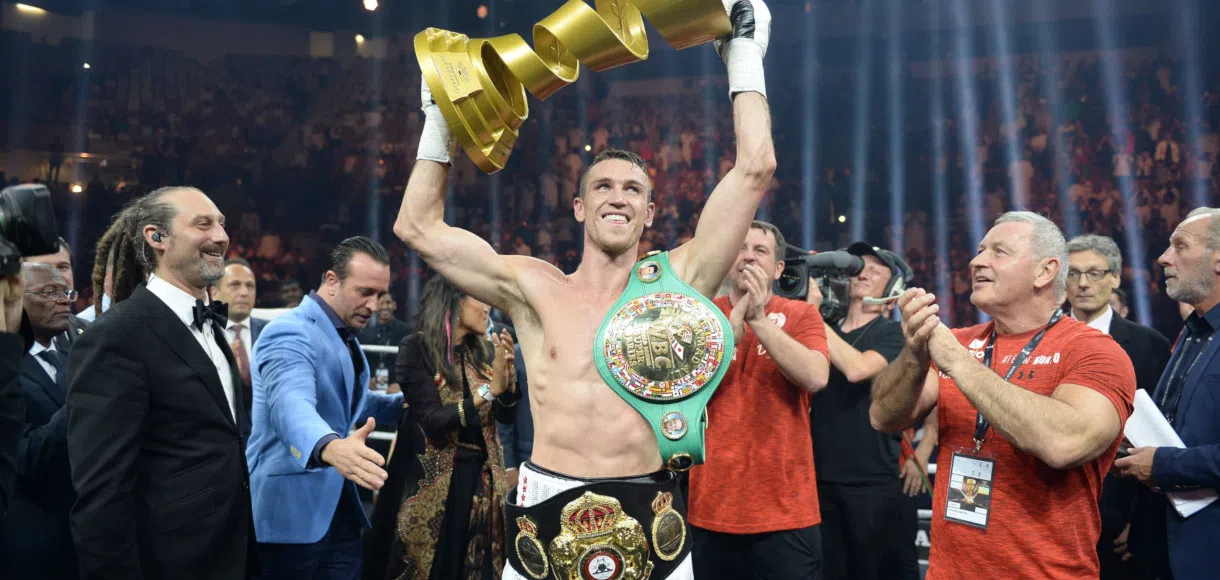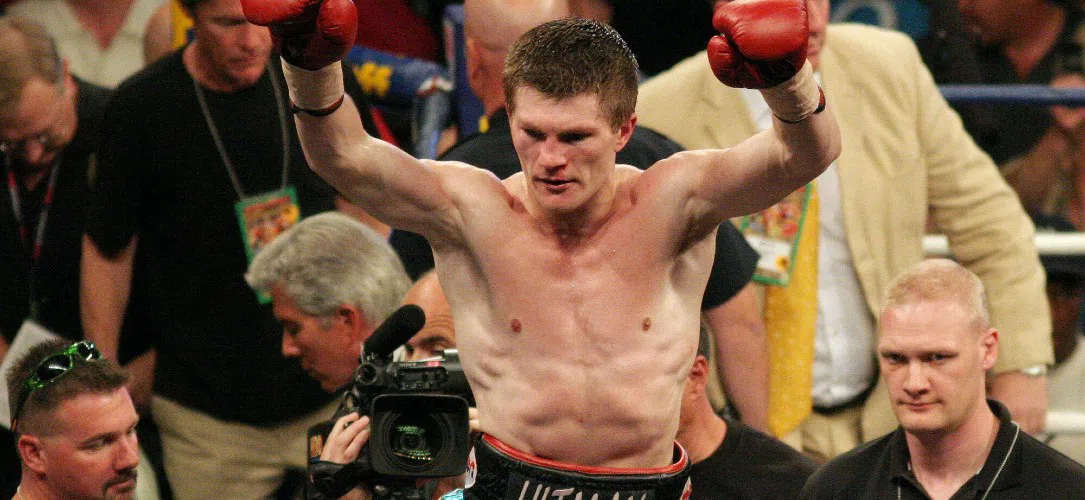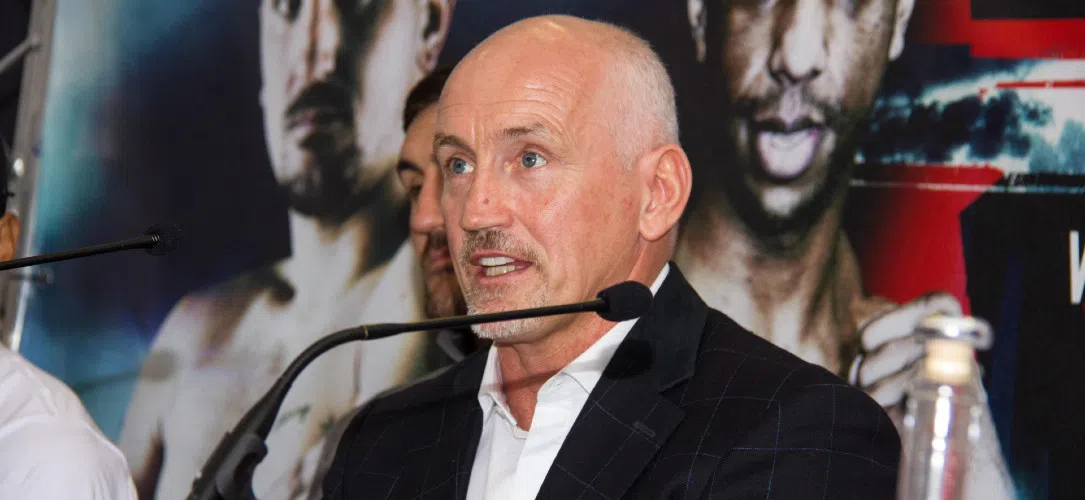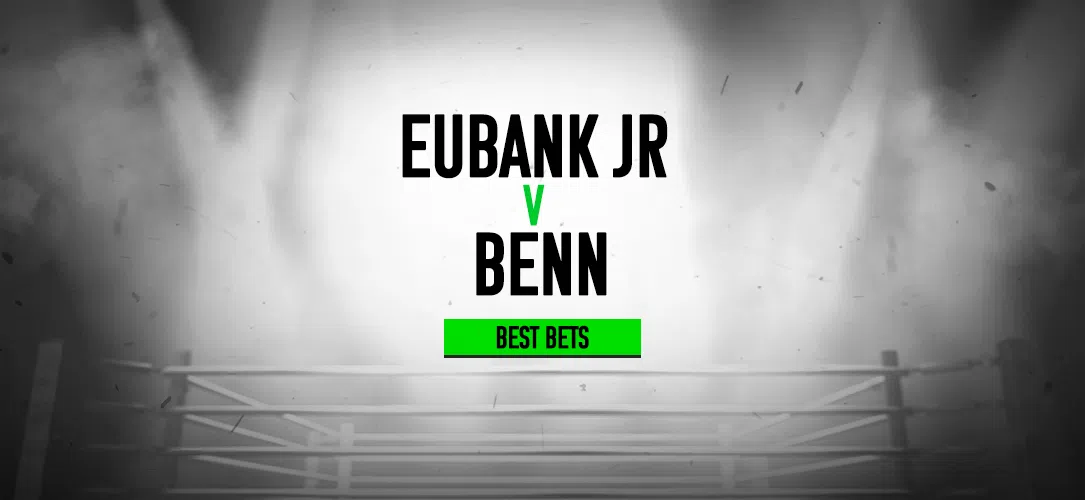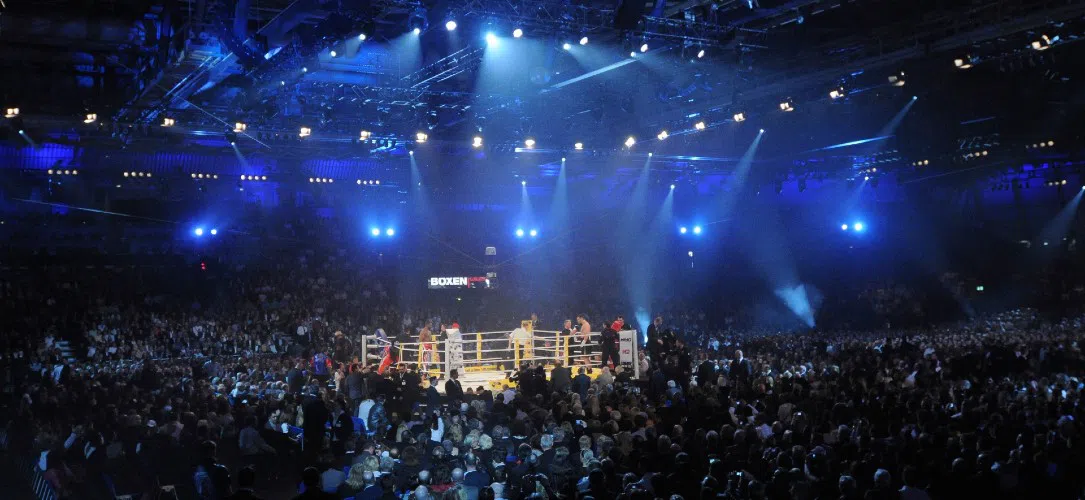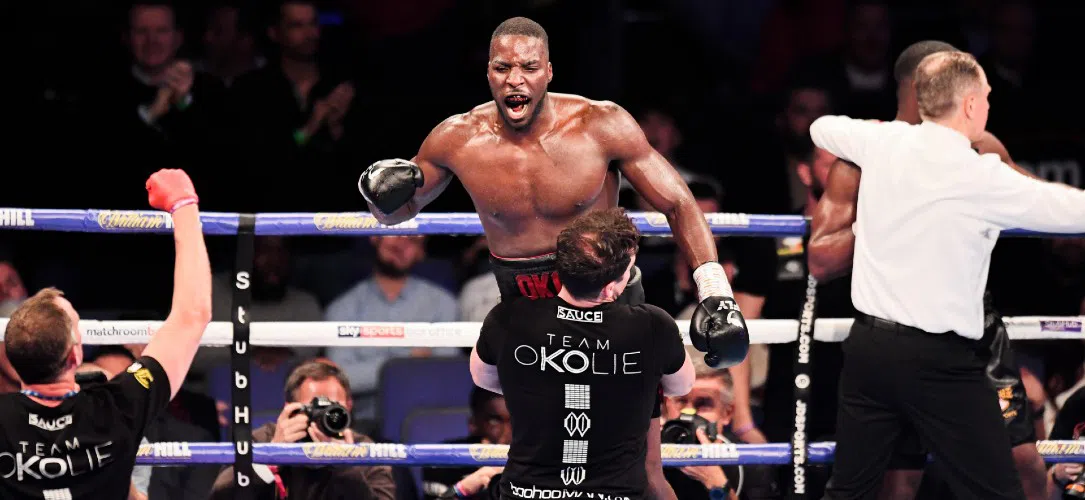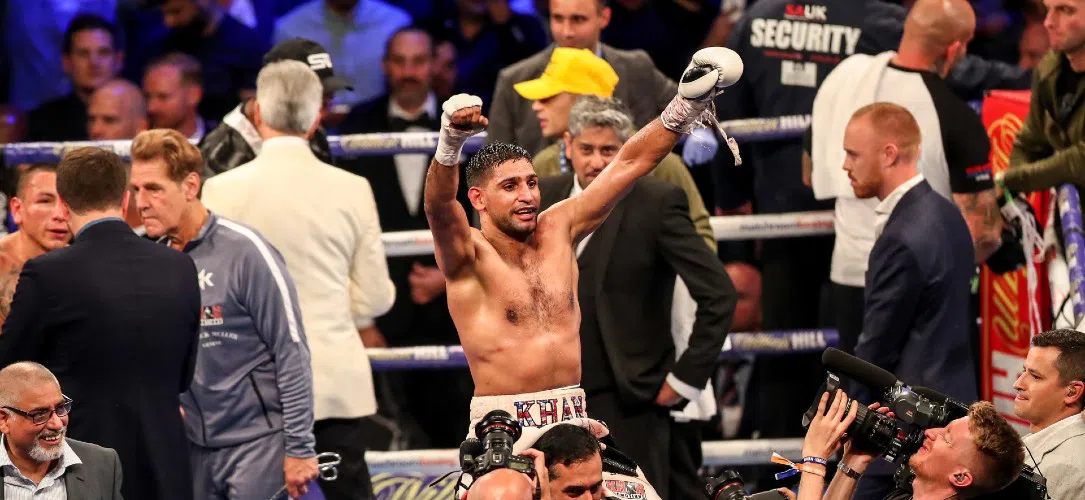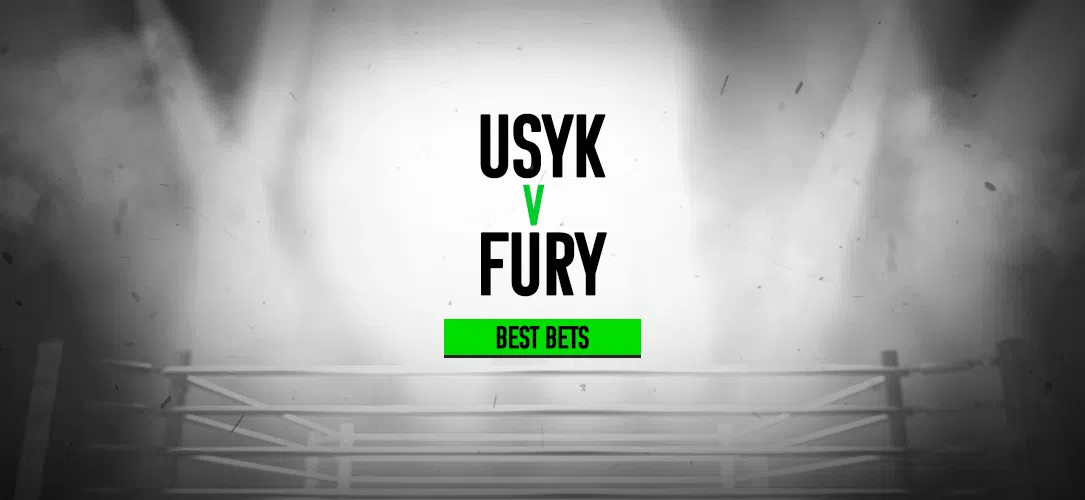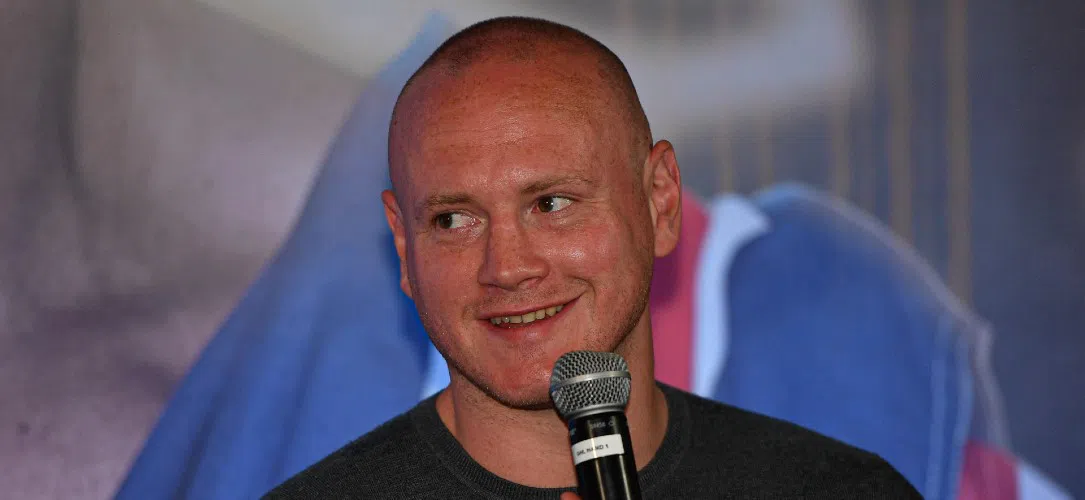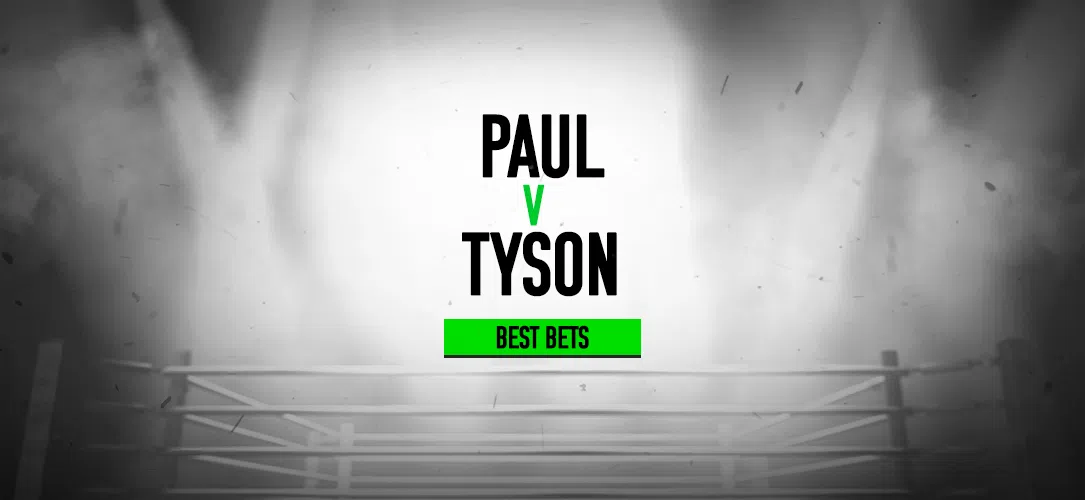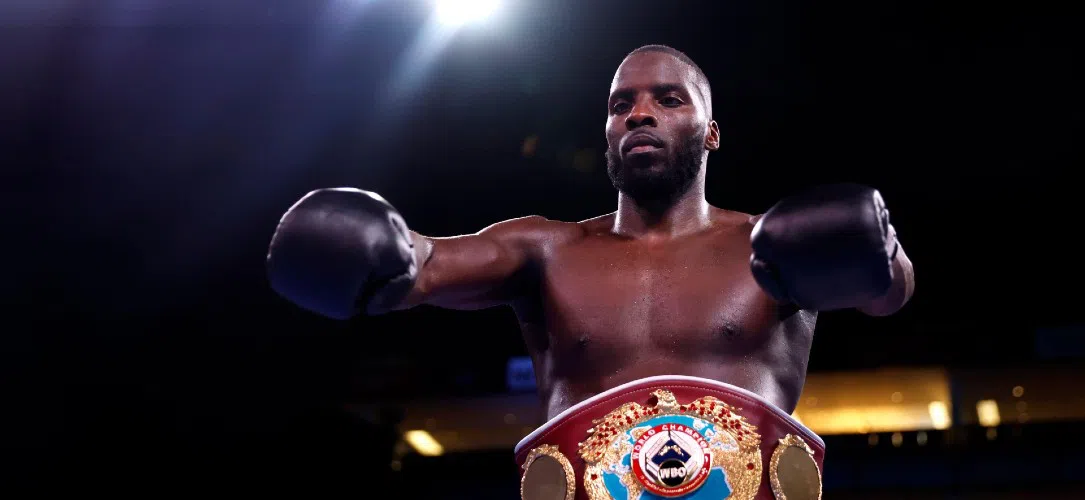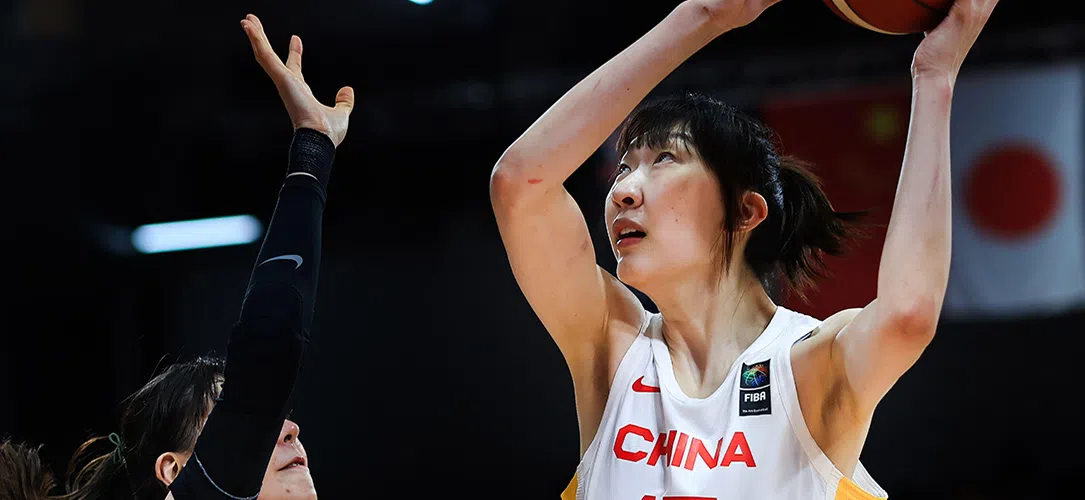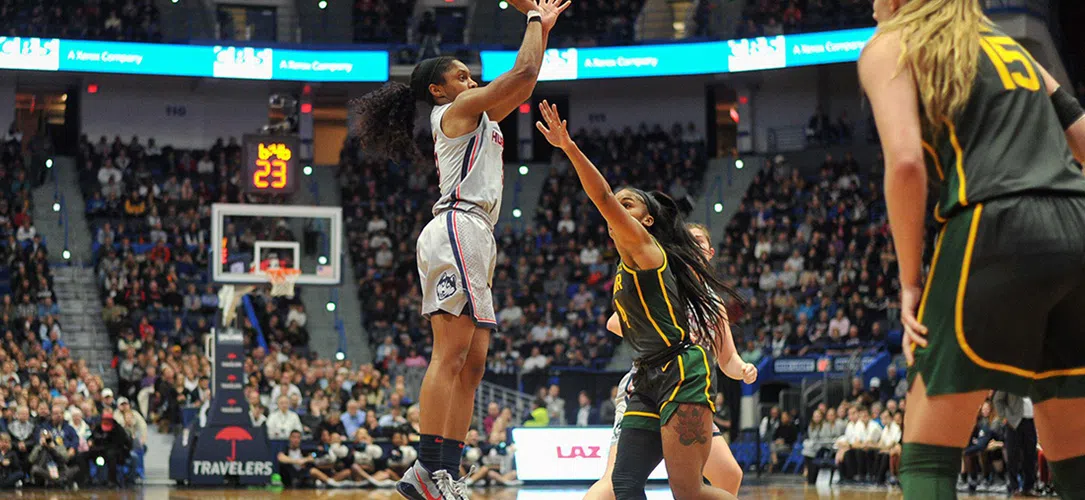Here's everything you need to know about the World Boxing Super Series, from the seeding system to which fighters are taking part.
What is the WBSS?
The World Boxing Super Series is a knockout-style tournament featuring eight of the top fighters in a single weight class.
The fighters compete to win the Muhammad Ali Trophy, as well as whatever world title belts they bring into the tournament.
All WBA, WBC, WBO and IBF world champions are eligible to take part in the WBSS, along with all fighters ranked inside the top 15 in the world by each of the sanctioning bodies.
Who won the first season?
The first WBSS season was held between 2017 and 2018 at two different weight classes: cruiserweight and super middleweight.
Oleksandr Usyk won the cruiserweight tournament by beating Murat Gassiev in the final, and in doing so unified all five of the division’s world title belts.
Callum Smith knocked out George Groves in the super-middleweight final, winning the tournament and claiming the WBA and The Ring world titles.
Who is participating in the second season?
The second season of the tournament features three divisions: bantamweight, super lightweight and, again, cruiserweight.
The participants at bantamweight are WBA (regular) champion Naoya Inoue, WBA (super) champion Ryan Burnett, IBF champion Emmanuel Rodriguez, WBO champion Zolani Tete, Jason Moloney, Nonito Donaire, Juan Carlos Payano and Mikhail Aloyan.
At super lightweight, WBA champion Kiryl Relikh, Josh Taylor, Terry Flanagan, Ivan Baranchyk, Regis Prograis, Eduard Troyanovsky, Ryan Martin and Anthony Yigit will compete.
The cruiserweight tournament features Mairis Breidis, Noel Gevor, Yunier Dorticos, Mateusz Masternak, Krzysztof Glowacki, Maxim Vlasov, Ruslan Fayfer and Andrew Tabiti. As it stands, there are no world titles at stake.
The tournament started on 7 October, with quarter-final double-headers taking place every week for six weeks.
Who fights who?
The quarter-final draw for season two was conducted at an official gala on July 22.
The top four fighters in each division are seeded, with world champions given priority.
Each seed would then take it in turns to choose their opponent, unless they already had a mandatory fight scheduled by a sanctioning body.
For example, Baranchyk, the fourth seed in the super lightweight tournament, was already mandated to fight Yigit for the IBF title, and therefore had no choice of opponent.
What happens if a fighter pulls out?
With so many fights taking place in a short space of time, the WBSS puts measures in place to ensure the tournament continues even if its participants suffer injuries.
Reserves are selected in every division before the tournament starts, and they are called upon if a fighter has to pull out.
Jurgen Braehmer, for example, was injured ahead of his super-middleweight semi-final in February, and was replaced by Nieky Holzken.
The organisers may also make other provisions to make sure fights go ahead, like when Groves was given extra time to recover from a shoulder injury so that he could take part in last month’s super-middleweight final.
Click here to visit Betway’s boxing betting page.

